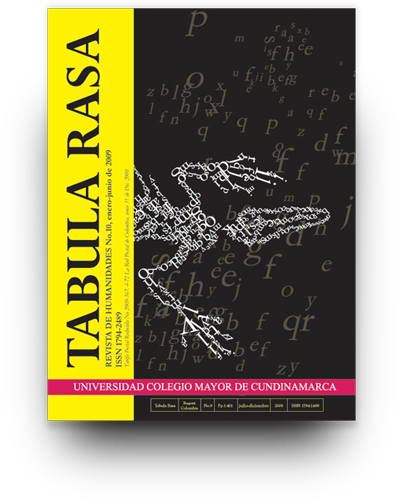Geographical routes and stories of cultural studies in Colombia. Interview with Santiago Castro-Gómez
Rutas biográficas e historias de los estudios culturales en Colombia. Entrevista a Santiago Castro-Gómez
Show authors biography
ZH: A good statement transforms the world. This is the case when cultural studies teachers talk about how their own experiences have transformed their world. The interview with Santiago Castro-Gómez is a magnificent example of how imagination takes shape through specific daily processes and how it expands ways of creating and making the world. Beyond solid and crystallized structures that seem unable to transform or have subjects, a critical project, new for the year 2000 in Colombia, opened its doors through personal stories to generate a complex reality and a bold theoretical movement. This is what the interview with Castro-Gómez goes through. We begin by asking how did a philosopher get to cultural studies?
SCG: My arrival at cultural studies was by accident. At the beginning of the eighties I had begun to study philosophy at the Santo Tomás University in Bogotá, an institution that at that time was very aligned with the project of a "Latin American philosophy". At that time, this project had two aspects: one was the line of the "history of Latin American ideas" defended by authors such as Leopoldo Zea, Francisco Miró Quesada and Arturo Roig; the other was the "philosophy of liberation" driven by Argentine thinkers such as Enrique Dussel, Horacio Cerutti, Carlos Cullen and Juan Carlos Scannone. I studied philosophy in the midst of this Latin American, somewhat messianic fervor, and began to be interested in topics that are not usual in the formation of a philosopher such as social and cultural identities, social movements, liberation struggles.
Article visits 123 | PDF visits 72




